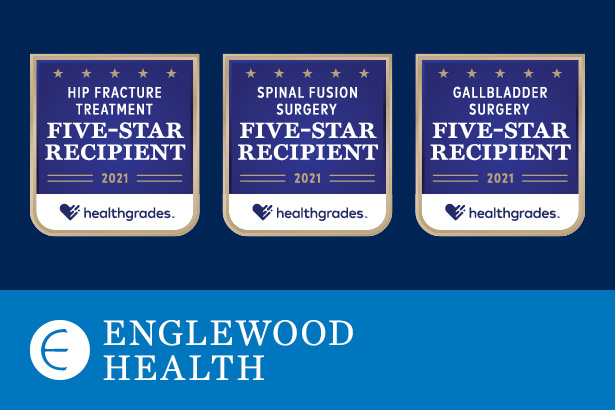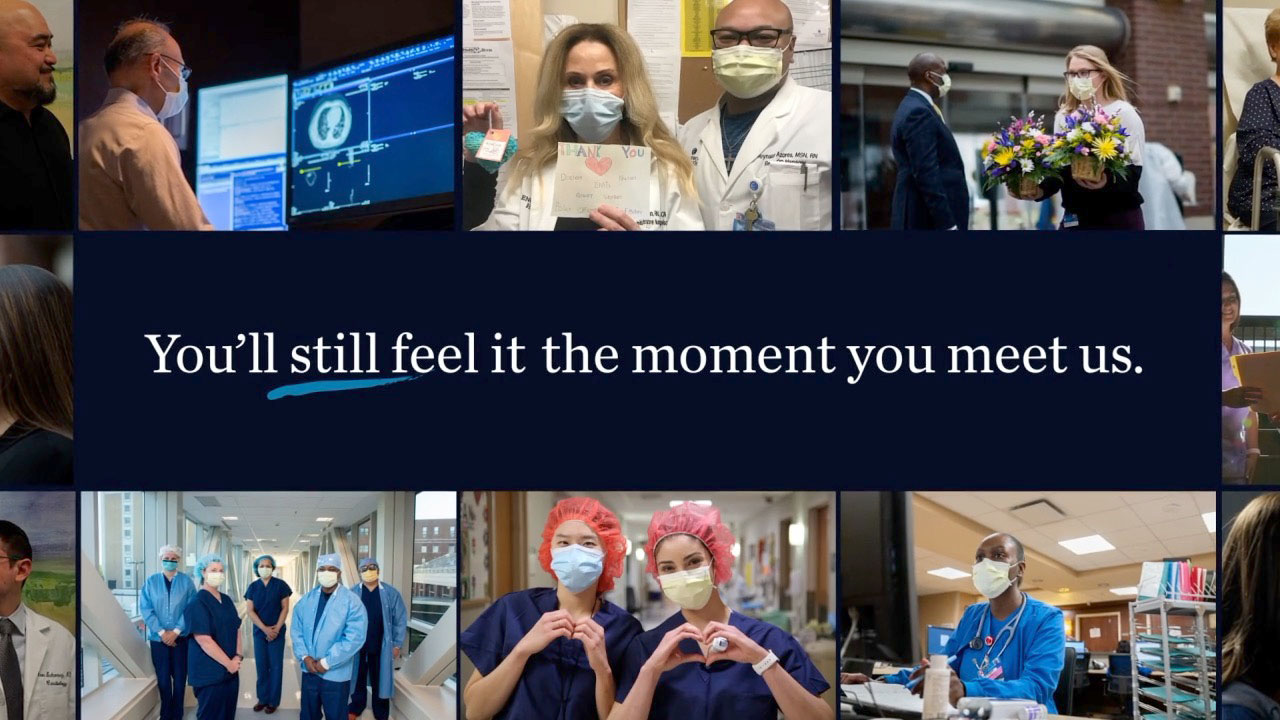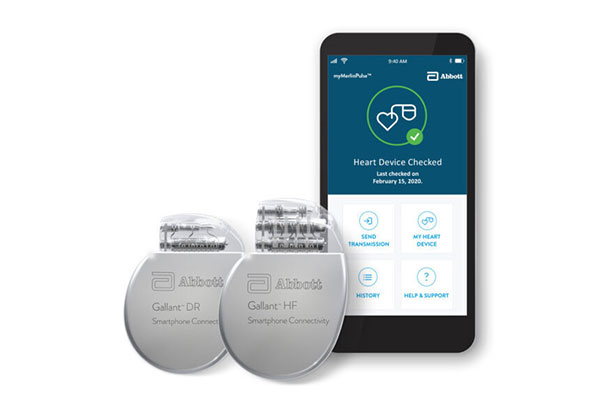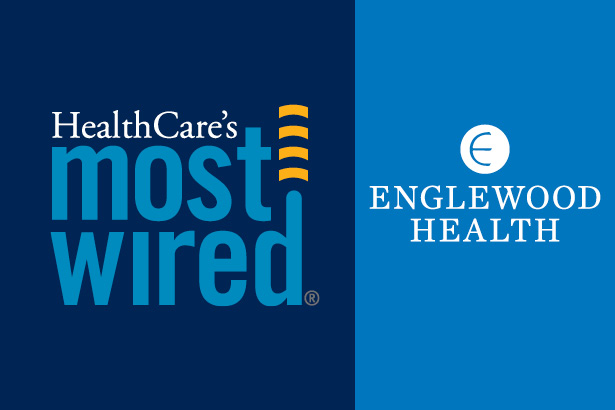American College of Cardiology NCDR Chest Pain — MI Registry Silver Award recognizes high standards of patient care
Englewood Health has received the American College of Cardiology’s NCDR Chest Pain – MI Registry Silver Performance Achievement Award for 2020. Presented to only 124 hospitals nationwide, the award recognizes the hospital’s commitment to and success in implementing a high standard of care for heart attack patients.
To receive the award, Englewood Health demonstrated sustained achievement in the Chest Pain ̶ MI Registry for four consecutive quarters during 2019, performed with distinction in specific performance measures in the treatment of myocardial infarction patients, and engaged in a robust quality improvement process using data to drive improvements.

“This award is a testament to the dedication of our entire cardiology team to deliver the highest quality in cardiovascular care to our patients,” said Samuel Suede, MD, chief of cardiology at Englewood Health. “We are continuously improving and evolving in our treatment of heart attack patients to ensure the best possible outcomes and quality of life.”
The Center for Disease Control estimates that almost 700,000 Americans suffer a heart attack each year. A heart attack occurs when a blood clot in a coronary artery partially or completely blocks blood flow to the heart muscle. Treatment guidelines include administering aspirin upon arrival and discharge, timely restoration of blood flow to the blocked artery, smoking cessation counseling and cardiac rehabilitation, among others.
“As a Silver Performance Award recipient, Englewood Health has established itself as a leader in setting the national standard for improving quality of care in patients with acute myocardial infarction,” said Michael C. Kontos, MD, FACC, chair of the NCDR Chest Pain – MI Registry Steering Subcommittee, Virginia Commonwealth University Medical Center. “By meeting the award requirements set forth in the registry, Englewood Health has demonstrated a commitment to providing reliable, comprehensive treatment for heart attack patients based on current clinical guideline recommendations.”
Chest Pain ̶ MI Registry empowers health care provider teams to consistently treat heart attack patients according to the most current, science-based guidelines and establishes a national standard for understanding and improving the quality, safety, and outcomes of care provided for patients with coronary artery disease, specifically high-risk heart attack patients.
Posted on October 26, 2020














